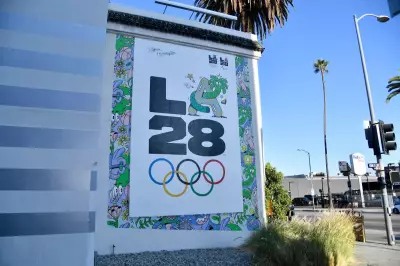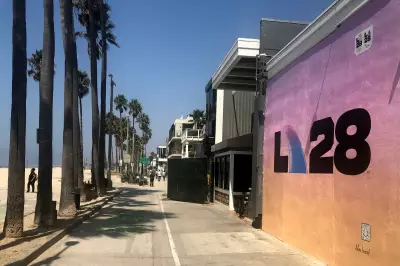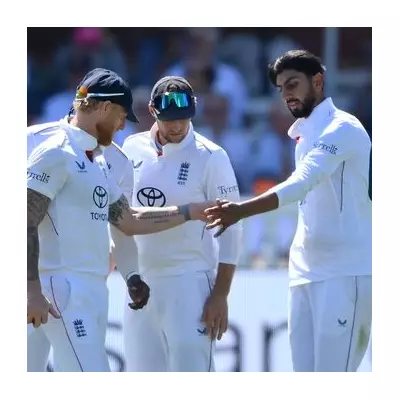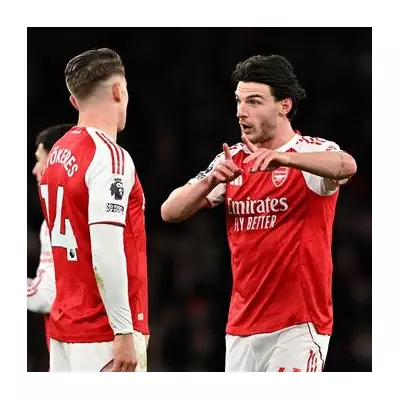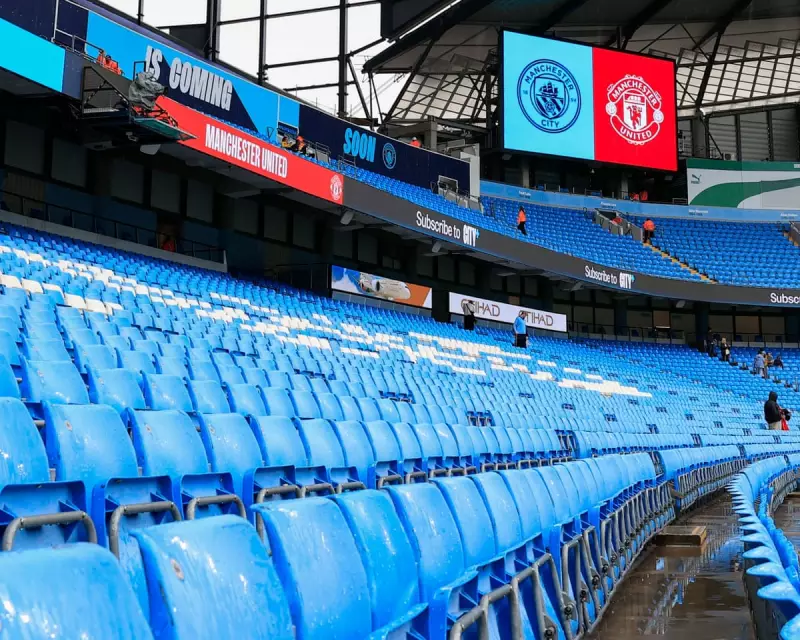
In a move that has ignited fierce debate among football fans, Manchester City has terminated the employment of a hospitality worker who was seen wearing a Manchester United shirt while on duty at the Etihad Stadium during Saturday's volatile derby.
The individual, who worked for a third-party catering company, was serving drinks at a stadium bar when their choice of attire was noted by supporters and subsequently reported to club officials.
Zero-Tolerance Policy on Derby Day
A spokesperson for Manchester City confirmed the dismissal, stating the club enforces a strict policy regarding brand representation for all staff working on matchdays, particularly during fixtures of such high significance. The presence of a rival club's colours in a staffed area was deemed a direct breach of these standards.
The club emphasised that all staff are briefed on conduct expectations beforehand, making the incident a clear violation of agreed-upon terms.
Mixed Reactions from the Football World
The decision has drawn a polarised response across social media and fan forums. Many City supporters have backed the club's hardline stance, arguing that displaying a rival shirt in a place of work during a derby is an unacceptable provocation and deeply unprofessional.
Conversely, others have criticised the action as excessively harsh, suggesting it reflects a lack of tolerance and a fragile club culture. Some have pointed out that many casual matchday staff are students or part-time workers who may support other teams.
The catering firm involved, Levy UK, has acknowledged the incident and is conducting its own internal review alongside the club's ongoing process.
A Deeper Look at Football Tribalism
This incident shines a spotlight on the intense tribalism that defines English football, particularly in a city as fiercely divided as Manchester. The expectation of loyalty extends far beyond the pitch, often enveloping everyone associated with the club on a matchday.
It raises questions about where the line is drawn between personal affiliation and professional requirement in the high-pressure environment of the modern football industry.

